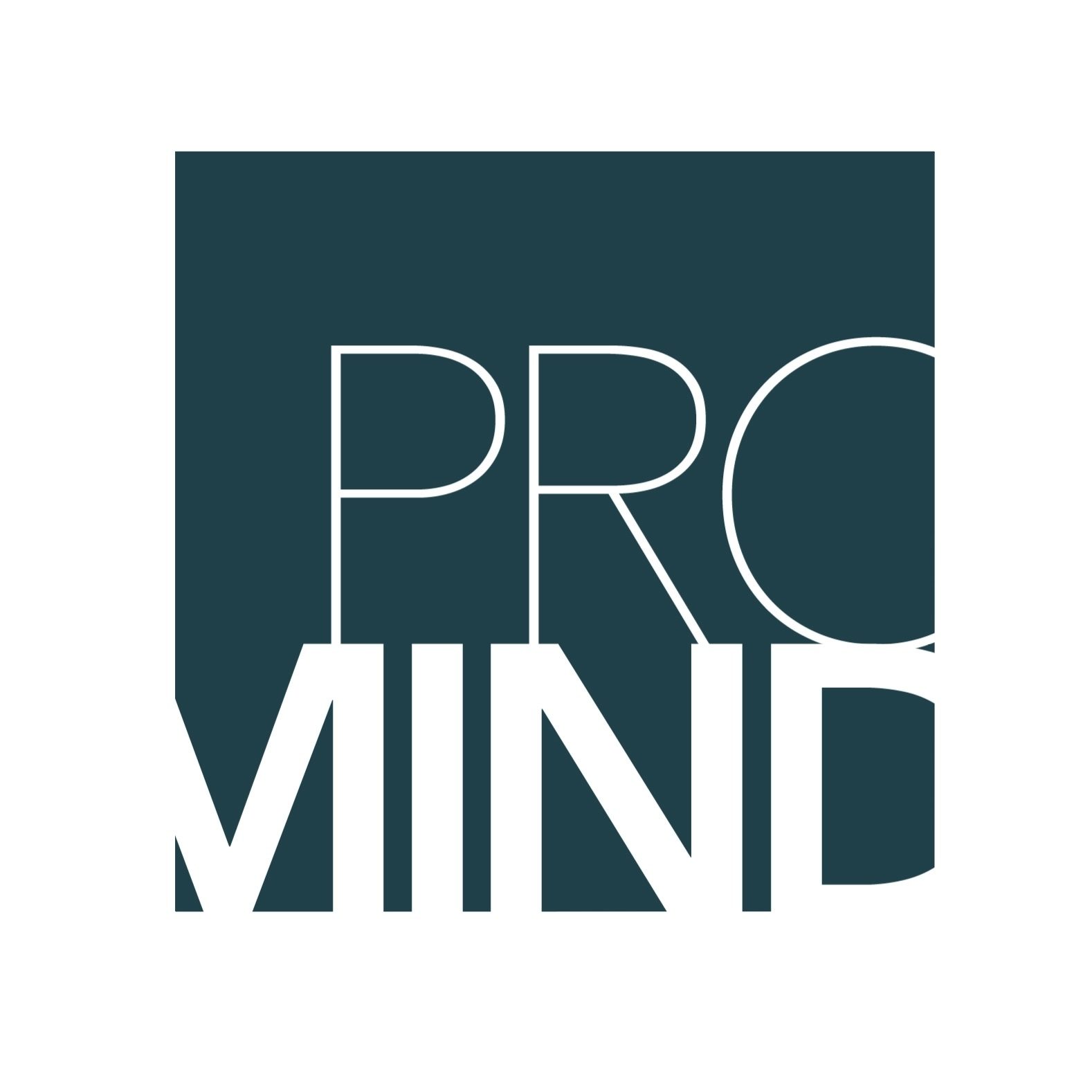Research interests
- Mechanisms of mental imagery
- Psychophysiology of mental imagery
- Psychopathology of depression
PhD project
How can we apply our understanding of mental imagery and its underlying mechanisms to enhance existing treatments of depression? Which patients might benefit most from the use of (which kind of) mental imagery training? In my research, I try to find answers to these questions by using an experimental psychopathology framework. A particular focus is placed on the role of anhedonia in the context of Behavioral Activation. In our studies, we use guided imagery scripts of everyday activities to increase motivation for, anticipated pleasure from and actual engagement in those activities. Apart from self-report measures, we are also interested in psychophysiological markers of mental imagery (e.g. heart rate).
Current Projects
Publications
Articles
- Heise, M., Ji, J. L., Werthmann, J., & Renner, F. (2025). Imagine For Tomorrow, What You Cannot Feel Now – The Role of Anhedonia in Imagery-Enhanced Behavioral Activation. Behaviour Research and Therapy, . https://www.sciencedirect.com/science/article/pii/S0005796725000294
- Heise, M., Bruijniks, S. J. E., & Renner, F. (2024). Web-Based Imagery Behavioral Activation (WIMBA): Study Protocol for a Randomized Controlled Trial Testing the Effects, Acceptability, and Feasibility of a Mental Imagery Activity Scheduling Training Delivered Online. Clinical Psychology in Europe, 6(2), 1-22. https://doi.org/10.32872/cpe.12133
- Heise, M., Werthmann, J., Murphy, F., Tuschen-Caffier, B., & Renner, F. (2022). Imagine How Good That Feels: The Impact of Anticipated Positive Emotions on Motivation for Reward Activities. Cognitive Therapy and Research, 46(4), 704-720. https://doi.org/10.1007/s10608-022-10306-z
- Renner, F., Werthmann, J., Paetsch, A., Bär, H. E., Heise, M., & Bruijniks, S. J. E. (2021). Prospective mental imagery in depression: Impact on reward processing and reward-motivated behaviour. Clinical Psychology in Europe, 3(2). https://cpe.psychopen.eu/index.php/cpe/article/view/3013/3013.html
Conferences
- Heise, M., Werthmann, J., Tuschen-Caffier, B., & Renner, F. (2019). Reward Anticipation as a Potential Mechanism of Motivational Mental Imagery: An Experimental Study [Poster presentation]. WCBCT 2019, Berlin.

